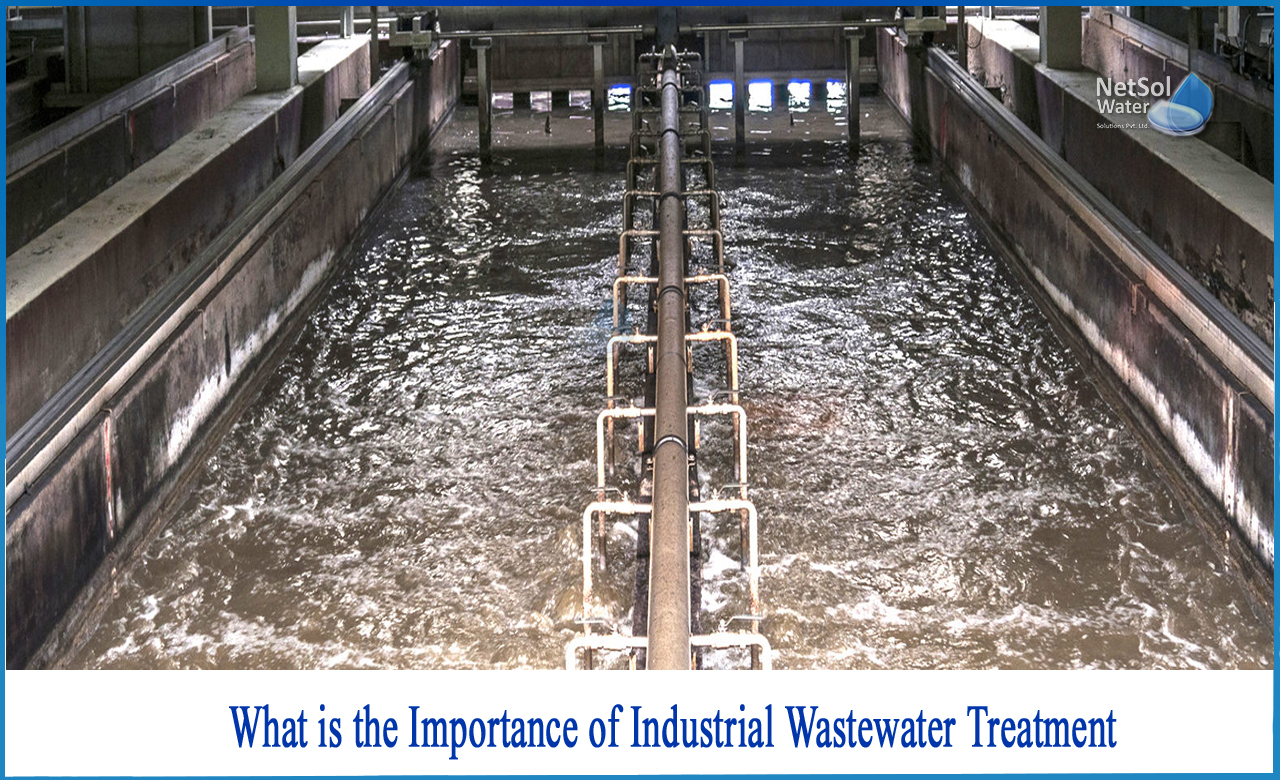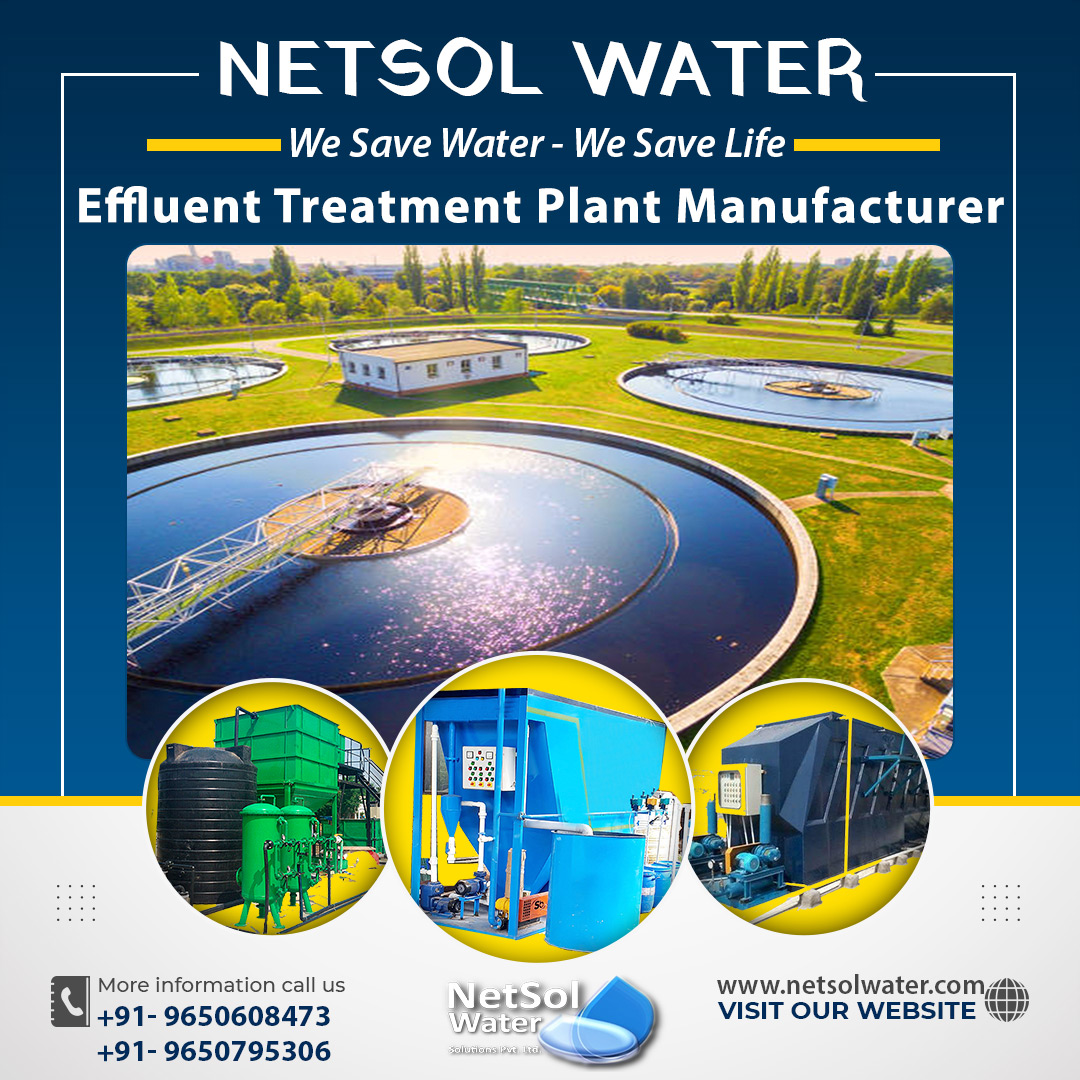Overview
Industrial wastewater treatment comprises the methods and practices used to treat waters that have been polluted in some way by anthropogenic industrial or commercial activity prior to release into the environment or re-use.
Despite the fact that most businesses generate some wet waste, the industrialised world's current trend is to decrease or recycle such wastewater during the manufacturing process. However, many firms continue to rely on wastewater-generating systems.
Water Treatment for Industries
Water treatment is required by many industries in order to obtain extremely high-quality water for crucial applications. In water treatment, organic and mineral sludges are produced via filtration and sedimentation. Using natural or synthetic resins, ion exchange eliminates calcium, magnesium, and carbonate ions from water and replaces them with hydrogen and hydroxyl ions. When strong acids and alkalis are used to regenerate ion exchange columns, a wastewater rich in hardness ions is formed, which is easily precipitated out, especially when combined with other wastewaters.
What is the importance of Industrial Waste Water treatment?
The percentage of industrial wastewater released into wetlands, rivers, and coastal areas has increased throughout the decades. This has resulted in higher levels of pollution, posing serious health threats to the entire eco-system as well as human life.
Iron and steel, textiles, leather factories, petroleum refineries, mining, metal, paper and pulp factories, and other industries produce various types of industrial waste, all of which transmit highly polluting substances such as acids, salts, organic and inorganic chemicals, phenols, and other dangerous substance wastes.
The amount of industrial wastewater discharged is determined by the industrial process's technical level. As a result of diverse types of industry, many types of industrial pollutants are produced.The industrial wastewater treatment technique, like so many other aspects of industrial waste, is designed to deal with a specific type of effluent.
A significant volume of fresh water is used for production and even cooling as a result of the rapid expansion of numerous businesses. This water, which has gone through a technical process, contains effluent chemicals and is dumped into wetlands, polluting the ecology.
As a response to this problem, many companies are manufacturing Industrial Waste Water Treatment plants, which convert waste water into highly purified reusable water that may be utilised in a variety of industrial activities such as cooling, irrigation, and sanitary use.
What does Netsol Water provide?
Netsol Water is a significant water and wastewater treatment firm in India, offering WTP, WWTP, STP, ETP, RO plant manufacture, among other services. The company creates equipment’s and is committed to providing practical solutions that help businesses flourish.
The following are examples of common industrial waste water treatment methods:
o Physical unit operations: Treatment procedures that rely heavily on the application of physical forces. Unit operations include screening, mixing, flocculation, sedimentation, flotation, filtration, and gas transfer.
- Chemical unit processes: Treatment procedures in which pollutants are removed or converted by the addition of chemicals or through other chemical reactions. The most popular waste water treatment methods include precipitation, adsorption, and disinfection.
- Biological unit processes: Treatment procedures in which biological activity is used to remove pollutants. The primary goal of biological treatment is to remove biodegradable organic compounds and nutrients from wastewater. Essentially, these compounds are transformed into gases that can be released into the atmosphere, as well as biological cell tissue that can be eliminated through settling.
Netsol Water is committed to providing our valued customers with hands-on service, expert counselling, and training. We've made it our mission to save the planet. Every environmental problem and its management have a solution in us.




